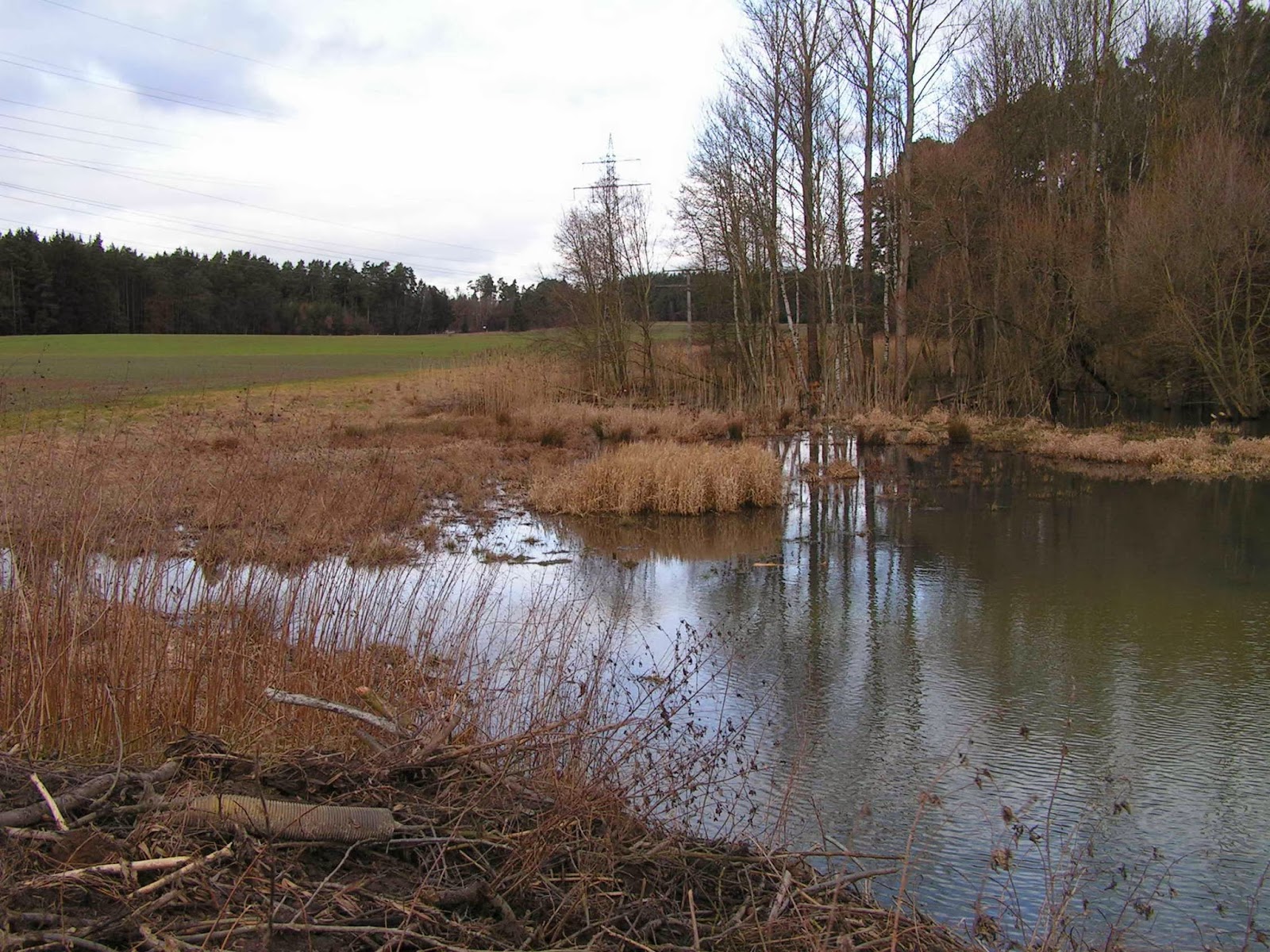How do we Value Rural Britian
This week there has been many reports on second homes. Our recent Budget speech was basically a charter to give public money to underwrite loans to buy homes. Most of these will be sold to speculaters, landlords and people wanting a second home and not for the purpose the deceitful chancellor George Osborne stated; in helping people buy a house for their own occupation.
Leading on from this press activity former poet laureate, Sir Andrew Motion, now head of the campaign to Protect Rural England, has made the headlines in all the UK media, calling for tax increases on second homes in the countryside to preserve communities. He is of course correct but if we dig deeper into what do we as a society want to see in the countryside we must look at the issues and values that will save rural communities.
1. Efficient use of land and natural capital like rivers etc.
2. Biodiversity protection
3. Free open access to natural wealth and enjoyment of the countryside
4. The right to own property in the countryside and have enjoyment of it
5. The right to make a living in the countryside
A number of papers have posed the question of how do we value rural Britain and protect its social and natural character.
Here is my response:
The Value of Nature is complex – (once you look into what is
meant by value and the psychological and economic ramifications of value theory
and its relationship to natural wealth)
The psychological value of nature, is best expressed in economic
terms, in the uplift in land values of rural properties. This is a truly
staggering amount of money. The privatisation of this ‘uplift’ is a form of
cheating, robbing from everyone for the monopolistic benefit of the few. This
uplift in value should belong to the community as a whole and those that take
away this ‘value’ should compensate the rest of society in the form of a ‘rent’
for that loss.
This sounds complex but in essence the remedy that will solve
this, is my stuck record one, that of taxing the value of land and other
natural assets.
The issues that I think we want to address in the countryside
for people and wildlife are:
2. Biodiversity protection
3. Free open access to natural wealth and enjoyment of the countryside
4. The right to own property in the countryside and have enjoyment of it
5. The right to make a living in the countryside
In all the issues, Land Value Tax is the mechanism that will
achieve these objectives, with fairness, as it balances stewardship of scarce
resources (such as having a lovely second home in the country), resource
efficiency and is a constant force rebalancing inequality in Land access with
freedom to have exclusive possession.
In general second homes demonstrate the division in our society
and economy where those with exclusive land ownership have a free ride
when it comes to possession of scarce resources, while those that work and toil
for their income are denied access due to high land prices and high taxes on
that human effort. Shifting taxation off of earned incomes and onto
exclusive land possession will solve this problem fairly and efficiently. The
uplift in value of rural properties is often far more than the taxation of the
work that was needed to buy the property and pay the mortgage, this is
Ricardo’s Law and this is the fundamental issue at the heart of economic
unfairness that those that possess monopoly, of all kinds, have a huge amount
of unearned income from the uplift in those values at the expense of those that
do not possess and it is that very labour of people, intellectually & physically that creates that increased value of the land.
A short lecture I gave on the Value of Nature:



Comments
Post a Comment